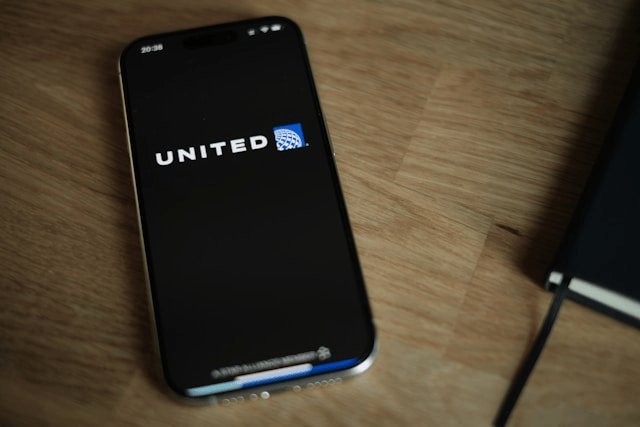When shopping for a new device, one of the first choices you’ll face is whether to go with a carrier-locked phone or an unlocked smartphone. Unlike locked phones that tie you to a specific carrier and contract, unlocked phones offer greater freedom, flexibility, and often better long-term value. However, before you make the switch, there are several important factors to consider so you can avoid hidden drawbacks and get the best possible deal.
Understanding What an Unlocked Smartphone Is
An unlocked smartphone is a device that isn’t restricted to a single carrier. Instead, it can be used with different SIM cards from various service providers. This makes them especially appealing to frequent travelers, budget-conscious buyers, and people who like the freedom of switching carriers without penalty. Choosing an unlocked phone also gives you access to a wider range of devices, including models that may not be officially offered by your local carriers.
Checking Carrier Compatibility
The first and most important step when choosing an unlocked smartphone is to ensure it will work with your carrier. In the United States and many other countries, carriers use different network technologies such as GSM and CDMA. GSM is the most widely used globally, while CDMA is supported by certain carriers like Verizon.
Before buying, check the phone’s specifications and make sure it supports the LTE and 5G bands your carrier uses. If you travel internationally, compatibility is even more important. A SIM-free phone that supports global bands allows you to use affordable local SIM cards while abroad, avoiding expensive roaming fees.
Considering the Cost
Unlocked smartphones typically cost more upfront compared to carrier-locked devices, which are often subsidized through contracts or financing plans. However, in the long run, an unlocked phone can save you money. Since you aren’t locked into a contract, you can shop around for cheaper mobile plans, switch providers easily, and even resell your phone at a higher value.
If you’re on a tight budget, weigh the short-term vs. long-term costs. While the initial price may feel steep, the flexibility and potential savings often make an unlocked phone a smarter investment.
Warranty and Software Support
Another factor to consider before buying an unlocked smartphone is the warranty. When purchasing directly from a manufacturer or authorized retailer, you’ll typically receive a standard warranty and guaranteed software updates. However, buying from unauthorized sellers or gray market retailers may void the warranty and leave you without support if issues arise.
It’s also wise to confirm how long the manufacturer promises security patches and operating system updates. Phones without reliable software support may become outdated or vulnerable to security risks more quickly.
Features and Specifications to Look For
Not all unlocked smartphones are created equal. Beyond compatibility and cost, you should evaluate features like:
-
5G and LTE band support for faster data speeds.
-
Dual SIM capabilities for those who need two phone numbers or travel frequently.
-
Storage and RAM to handle apps, photos, and multitasking.
-
Camera quality and battery life depending on your usage needs.
Before you buy, compare these specifications with your lifestyle and usage habits. For example, if you’re a traveler, dual SIM and wide band support may matter more than high-end gaming performance.
Pros and Cons of Buying an Unlocked Phone
Like any tech purchase, unlocked smartphones come with both advantages and disadvantages.
Pros:
-
Freedom to choose and change carriers.
-
No long-term contracts or restrictions.
-
Ideal for international use with local SIM cards.
-
Higher resale value compared to locked phones.
Cons:
-
Higher upfront cost.
-
Limited financing or installment options compared to carrier deals.
-
Warranty may vary depending on where you buy.
By weighing these pros and cons, you can decide whether an unlocked phone aligns with your budget and lifestyle.
Best Places to Buy Unlocked Smartphones
Where you buy matters just as much as what you buy. The safest option is purchasing directly from the manufacturer, such as Apple, Samsung, or Google. Trusted online retailers like Amazon or Best Buy also provide authentic, warranty-backed devices.
Avoid buying from unknown sellers or marketplaces where devices may be imported without proper certifications. While the prices may look tempting, the risks of counterfeit phones, missing bands, or lack of warranty aren’t worth the savings.
Final Thoughts
Choosing an unlocked smartphone can be a smart move if you value flexibility, global connectivity, and the freedom to switch carriers at will. However, it’s important to check compatibility, consider the total cost, verify warranty coverage, and evaluate the features that matter most to you. By taking these factors into account, you’ll be able to make a confident decision and enjoy all the benefits of owning an unlocked device without the pitfalls.









